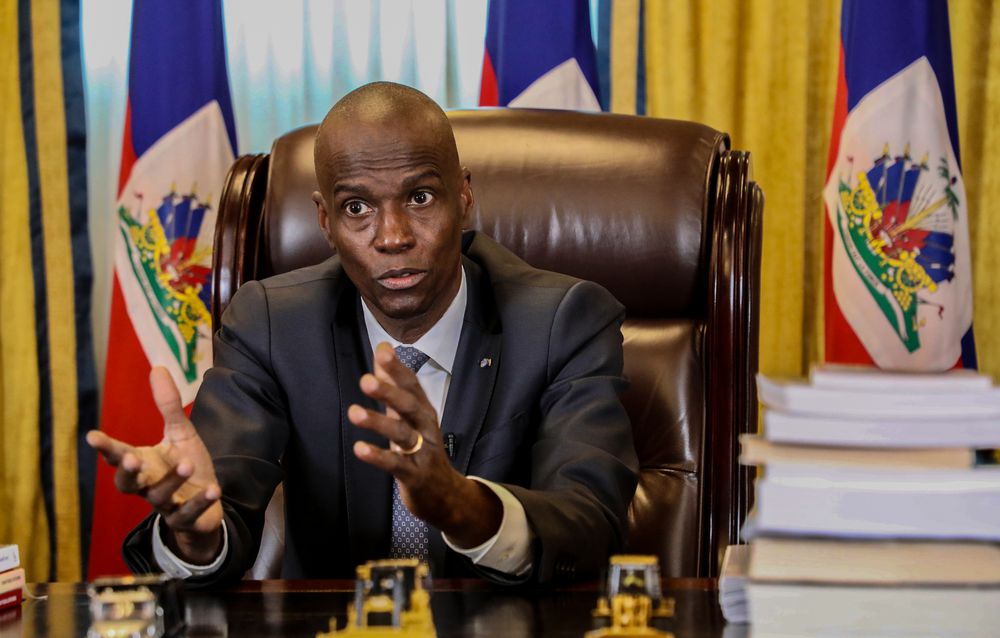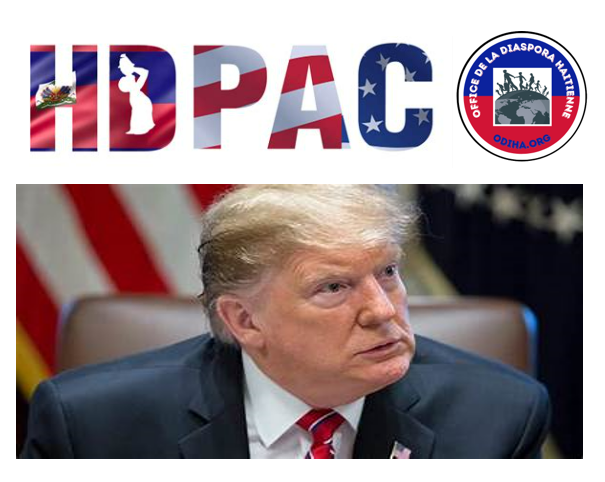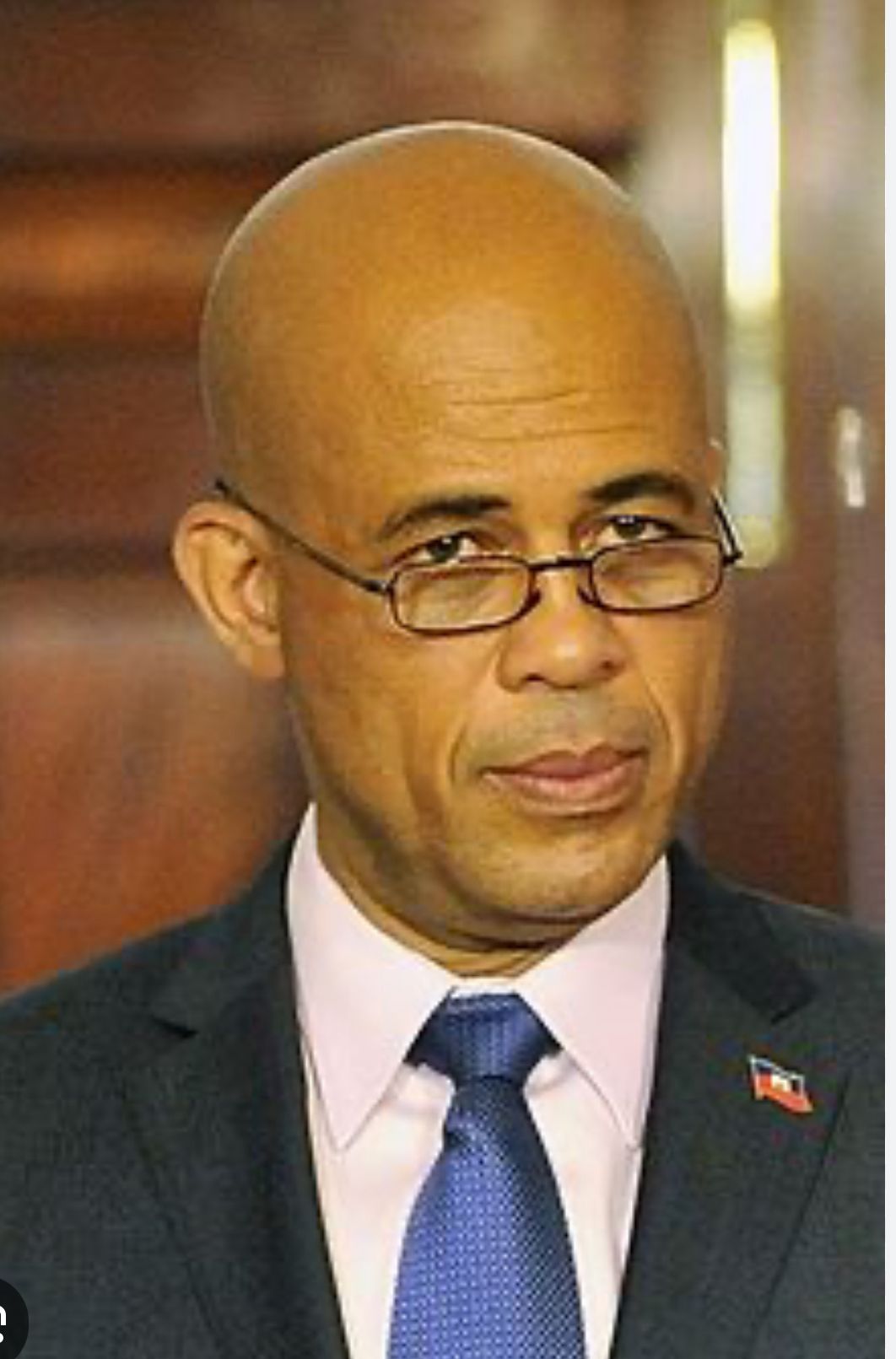|
Getting your Trinity Audio player ready...
|
HAITI – POLITICS – JOVENEL MOISE – ELECTIONS – GANG VIOLENCE
March 7, 2021
TRUENEWSBLOG – TNB
By: Nathaniel Ballantyne
TRUENEWSBLOG- A constitutional referendum to adopt a new Constitution was scheduled to take place on April 25, 2021, but the government postponed the referendum until June 25, 2021. The problem is Haiti’s electoral council (CEP) was formed in violation of the very constitution they seek to amend. The constitution requires that. members of the CEP be chosen by different sector of Haiti including the lower and upper house of parliament, but since both houses have been rendered caduc by the president, it is now impossible to hold elections. President Jovenel Moïse has been ruling by decree since 2019.
Haiti’s Provisional Electoral Council (CEP) which President Jovenel Moïse unilaterally appointed in violation the constitution, announced on Jan. 7 that the country would hold a constitutional referendum on April 25 and presidential and legislative elections on Sept. 19. Now, the referendum has been postponed to June and will not happen with Jovenel Moise in power.
What are the biggest constitutional changes that Haitians will vote on in the referendum? How well has Moïse, who has ruled by decree for the past year, been running the country, and how valid are the concerns of opponents and protesters who say he has amassed too much power and should step down because his term of office expired on February 7, 2021.
Simon D. Desras, attorney and former president of Haiti’s Senate: “No serious election can occur with this provisional electoral council (CEP) for two fundamental reasons. First, it is a unilaterally nonconsensual CEP.
The president of the republic has not consulted the country’s representative stakeholders. While the current CEP will have the heavy task of holding elections that will determine an entire nation’s future, its members are overwhelmingly citizens with no experience.
Second, it is an unconstitutional CEP because the council was not sworn in before the court of cassation, as required by the Haitian constitution. Regarding the constitutional referendum, the president is on the wrong track. It is true that the constitution deserves to be revised, but it must be done in goodwill with input from experts, civic leaders and members of parliament and various others. The situation is bleak in Haiti.
The population is not free to move, kidnappings are raging, insecurity has reached an unprecedented level, armed gangs are sowing terror in many neighborhoods of the country and the police are unable to take control of the situation.
The government does not have the confidence of the people, and it is only getting worse. We cannot predict free and fair elections with this CEP and unsafe climate. If the authorities persist in this direction, it will be a disaster for democracy and the rule of law in Haiti. We need a consensus government that inspires confidence in the people to hold an election.
The constitution should be revised, but it must be done in peace. The country cannot move forward without political sacrifice from both the opposition and government.”
Raymond Joseph, former ambassador of Haiti to the United States: “It is illogical to think that a budding dictator will organize free and fair elections after he has dismantled the country’s already weak democratic structure. President Moise’s electoral commission was set up without regard to constitutional norms, when all societal sectors mandated by the constitution to make it up refused to participate, claiming widespread state-initiated insecurity. The situation has since worsened, with kidnapping-for-ransom by gangs allied with the government having become an industry. Legislative elections have not been held during President Moïse’s term.
When the mandates of all lower house members and of 10 senators expired last January, the president singlehandedly dismissed 10 other senators. He then gloated about the ‘dislocation of Parliament,’ with only 10 senators out of 30 still in office and unable to take any meaningful action for lack of a quorum. Since then, he has been ruling by decree, setting up an intelligence agency beholden only to him, recalling the bloody era of François ‘Papa Doc’ Duvalier’s dictatorship with his Tontons-Macoute, the bogeymen.
Even the Core Group of Western diplomats in Port-au-Prince finally denounced this action last December. Consider also that he has annulled the identity cards of all Haitians, ordering them to have his own card prepared by the German firm Dermalog. Indeed, it is a novel way of voter suppression because few of the six million Haitians of voting age have the Dermalog card. Certainly, the partisans of the government have the card.
Now Mr. Moïse insists he will not vacate the presidential palace on Feb. 7, as mandated by the constitution. A campaign of repression has begun, with the arrest last Thursday of some government critics, including former Senator Nenel Cassis, on orders from the president. A national uproar that even reached Washington within hours resulted in the senator’s release that same evening. But a full-scale campaign of repression before Feb. 7 shouldn’t be ruled out to permit them to stage a widely denounced referendum for a tailor-made constitution to organize so-called democratic elections.”
George’s Fauriol, senior associate in the Americas Program at the Center for Strategic and International Studies: “Having delayed the October 2019 elections through its own willful carelessness, the Moïse government has been maneuvering to construct a credible-sounding constitutional and electoral reform program. It has succeeded in the short run to placate an inattentive international community, as well Moïse’s discordant domestic political opponents. The government is arguing that the 1987 constitution’s imbalance between the executive and legislative branches is dysfunctional.
However, for Moïse this conveniently rationalizes the institutionalization of governance by decree taking on an increasingly autocratic style. Without any credible alternatives being presented, whether the president’s term ends on Feb. 7 or next year will pass but will also likely mutate into something more dramatic. This unstable dynamic is catching the attention of the U.S. congressional community…”
With questionable political, let alone, legal legitimacy, and in the absence of a viable national political dialogue, Moïse has set in motion a calendar of events designed to: reconstitute the electoral machinery (CEP), proceed with a constitutional reform process and referendum, national elections in the fall of 2021 and transition on Feb. 7, 2022. This is unrealistic.
The scale of what is proposed will tax the government’s precarious electoral machinery and will have to overcome the ramifications of the global pandemic, a rise in politically connected gang violence and a dreadful economic outlook.
This unstable dynamic is catching the attention of the U.S. congressional community, notably new leadership in the House Foreign Affairs Committee and a Democratic Senate. It is likely to advise the Moïse government to grasp reality and work with key Haitian civil society and political community actors toward consensus.” (From the Latin America Advisor).






